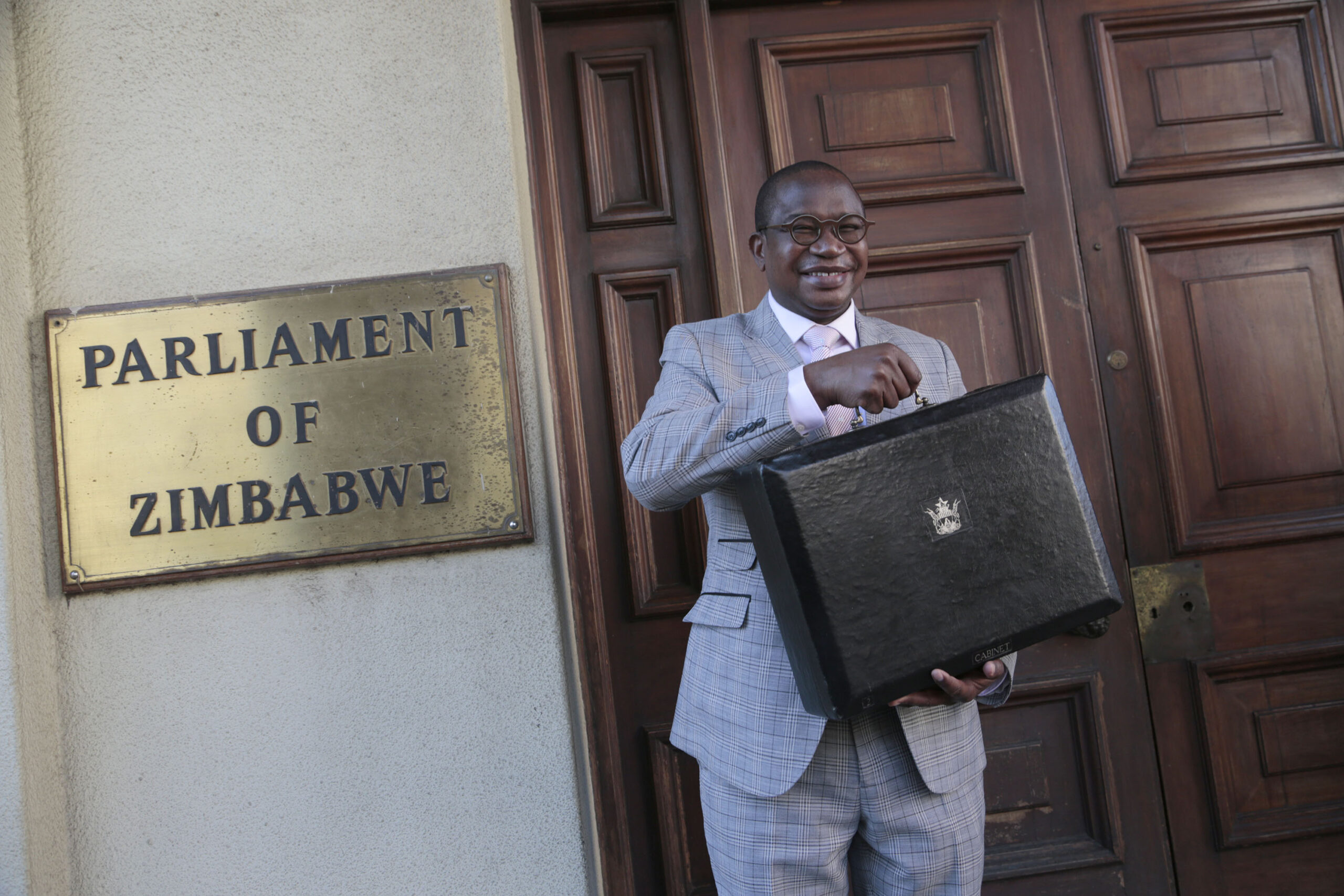FINANCE minister Mthuli Ncube presented the mid-term budget and fiscal review statement on Thursday which was a hodgepodge of the good and the bad but, ultimately, will not do much to calm frayed nerves in a troubled economy that continues pouring bucketloads of misery on the heads of hapless citizens.
Whether the government acknowledges it or not, there are frightening storm clouds hovering above this country like the proverbial sword of Damocles. In those raging clouds are shattered livelihoods, empty wallets, grumbling stomachs and broken dreams. In short, poverty is terrorising the masses.
Chronic high inflation is one thing; the sense of hopelessness created by clueless leaders is another. Citizens are living from hand to mouth and there is utterly no indication when this waking nightmare will come to an end.
The proposed increase in the tax-free threshold from ZW$300 000 to ZW$600 000 may deceive many into a temporary lull for now, but the stark reality is that inflation is shooting up at an astonishing pace, rendering meaningless any Zimdollar salary adjustment. The currency itself has become contaminated, which explains why government workers are endlessly demanding US dollar wages.
Poverty has taken root. In this miasma of economic turmoil, the Treasury chief finds it necessary to increase taxes — as if he thinks Zimbabwe can somehow magically tax itself into prosperity.
It was ill-advised to increase the withholding tax on cross-border traders who have no tax clearance certificate. The government conveniently forgets that many families in this country have been kept barely afloat by informal trade. Buying and selling is how they put food on the table. This includes small-time cross-border traders who are not looking for super profit but sheer day-to-day survival. A responsive and caring government would desist from burdening people who are already drowning in penury, particularly in this post-Covid era when extreme poverty has become the rule rather than the exception.
What is more, the lowering of the value-added tax threshold will deal a blow on the informal sector, where the majority are toiling to eke out a living.
In a way, the Finance minister has come to terms with the unassailable fact that this economy has self-dollarised. That is the message conveyed by the instruction to companies to keep US dollar books of accounts separately from the Zimdollar accounts.
As the economist Brains Muchemwa has rightly observed, we must ask ourselves why Zimdollar prices in the economy appear to be shooting up every Tuesday after the Reserve Bank’s weekly forex auction.
And it is trite economics that defending the Zimdollar begins with limiting its supply.
By the minister’s own admission, broad money supply has expanded in leaps and bounds. We have to ask: Why are policymakers shirking their responsibilities in such a reckless manner?
Parcelling out greenbacks at a woefully understated exchange rate is doing more harm than good. Zimbabwe must shift towards a more conventional method of managing foreign exchange.
Some of the policies that the monetary authorities come up with are ludicrous. For instance, the general public was told to go and access US$50 from bureaux de change at the official rate. Where did that take us?
Enter the latest fad: gold coins.
How many people in this economy can really afford to buy a US$1 800 coin? The average salary is barely ZW$20 000 (US$23).
The government should stop playing Russian roulette with people’s lives.
Money supply growth is on steroids. When you combine money-creation with a highly inefficient forex auction system, there is no better definition of a recipe for disaster. Policies that serve the narrow interests of elites at the expense of the impoverished majority are a threat not only to national security but also to the republic’s very survival.

